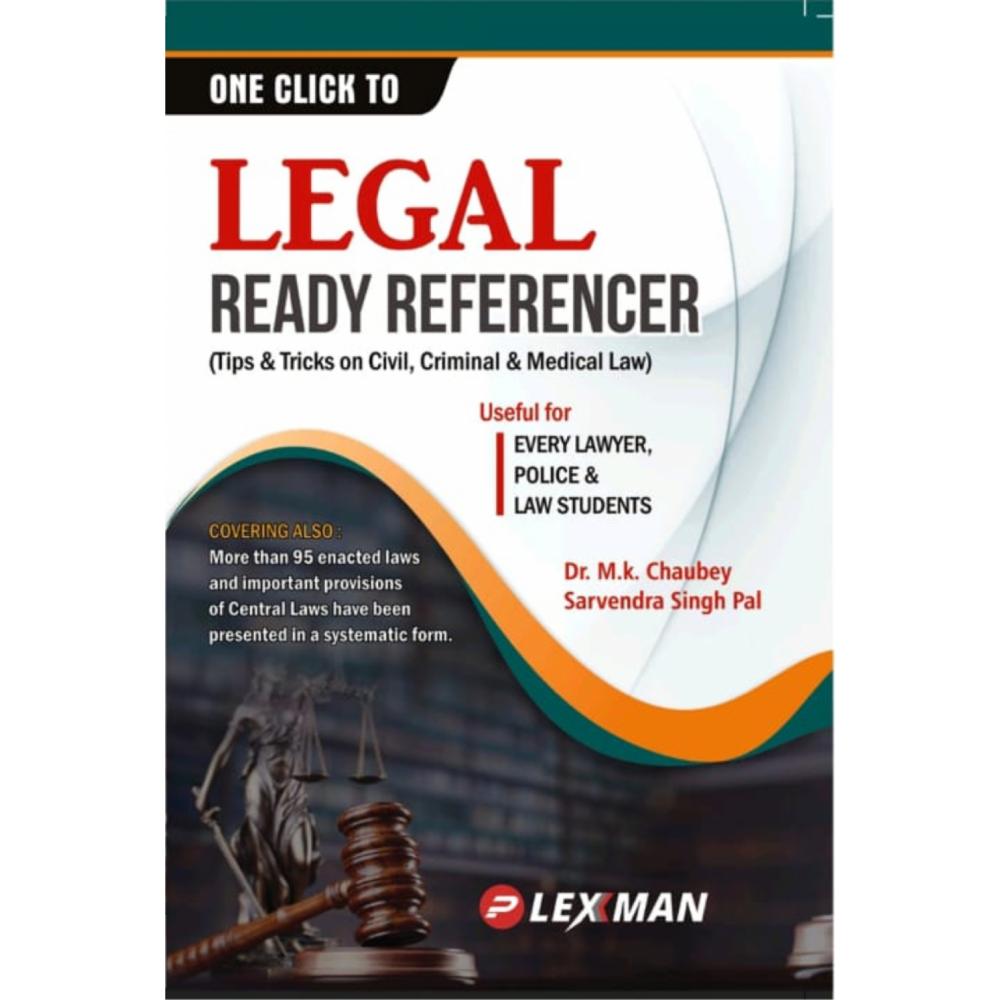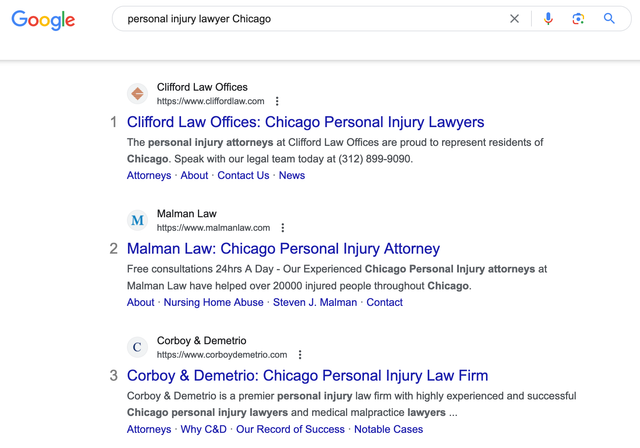
Understanding Civil Class Action Lawsuits Key Insights
Shedding Light on Civil Class Action Lawsuits
Civil class action lawsuits are a powerful legal tool used to address grievances shared by a group of individuals against a common defendant. Understanding the key insights behind these lawsuits is crucial for navigating the complex legal terrain they entail.
The Concept of Civil Class Action Lawsuits
At its core, a civil class action lawsuit allows a group of plaintiffs with similar claims against a defendant to file a single lawsuit together. This mechanism enables individuals who have suffered harm or injustice due to the actions of a company or entity to seek justice collectively, rather than pursuing separate legal actions.
Common Types of Civil Class Action Lawsuits
Civil class action lawsuits can arise in various contexts, including consumer protection, employment discrimination, product liability, and securities fraud, among others. For example, consumers who purchased defective products, employees subjected to workplace discrimination, or investors defrauded by a corporation may band together to seek compensation or redress through a class action lawsuit.
The Role of Class Representatives
In a civil class action lawsuit, one or more plaintiffs typically serve as class representatives, representing the interests of the entire class of individuals affected by the defendant’s actions. These representatives play a crucial role in initiating the lawsuit, providing testimony, and making decisions on behalf of the class members throughout the legal process.
Certification of Class Action Status
Before a civil class action lawsuit can proceed, the court must certify it as a class action. To obtain certification, the plaintiffs must demonstrate that certain legal requirements are met, including numerosity (a sufficiently large class), commonality (common legal or factual issues), typicality (representative claims typical of the class), and adequacy of representation (competent representation by class representatives).
Notice and Opt-Out Rights
Once a class action lawsuit is certified, class members are typically notified of the lawsuit and their rights, including the opportunity to opt out of the class if they wish to pursue individual legal action. Opting out allows class members to retain their right to file separate lawsuits or negotiate separate settlements with the defendant.
Settlements and Distribution of Damages
In many civil class action lawsuits, the parties ultimately reach a settlement agreement to resolve the claims. The court must approve the settlement as fair, reasonable, and adequate to the class members. Upon approval, damages or compensation obtained through the settlement are distributed among the class members according to a predetermined plan.
Challenges and Criticisms
Despite their potential benefits, civil class action lawsuits are not without challenges and criticisms. Critics argue that class actions can lead to excessive litigation costs, unfair settlements, and inadequate compensation for class members. Additionally, defendants may engage in tactics to delay or undermine the litigation process, making it more difficult for plaintiffs to achieve justice.
Legal Representation and Expertise
Given the complexity of civil class action lawsuits, obtaining competent legal representation is essential for both plaintiffs and defendants. Experienced class action attorneys possess the knowledge, skills, and resources necessary to navigate the intricacies of class action litigation, advocate effectively for their clients’ interests, and achieve favorable outcomes in court.
Conclusion:
In conclusion, civil class action lawsuits play a significant role in the legal system, providing a mechanism for individuals to seek redress for shared grievances and hold accountable those responsible for wrongdoing. By understanding the key insights behind these lawsuits, individuals can navigate the legal process more effectively and pursue justice in cases where collective action is warranted. With the guidance of experienced legal counsel, plaintiffs and defendants alike can navigate the complexities of class action litigation and work towards fair and equitable resolutions. Read more about civil class action lawsuit


















